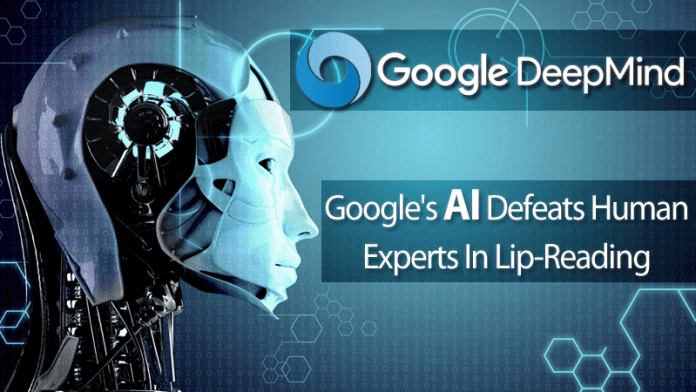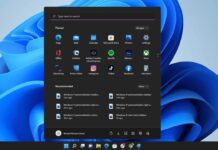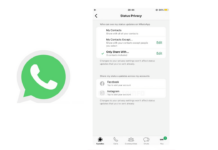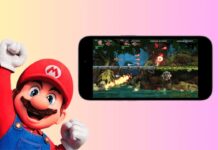Did you know a new artificial intelligence (AI) system has been developed by the tech giant Google and the University of Oxford? Yes, in short, it is known as WLAS, it is a system which can easily interpret after lip-reading from an unedited video clip.
Google’s AI Defeats Human Experts In Lip-Reading
The researchers from the division of artificial intelligence DeepMind of Google which is developed by the University of Oxford a system of lipreading that exceeds the analysis and interpretation that can make humans.
Hence, the British division of Google has started using hundreds of hours of TV content from the BBC network simply to teach the software DeepMind to read lips.
The team trained the artificial intelligence with more than 5,000 hours of video that included 110,000 different phrases and 17,500 different words. The aim was to improve the understanding of human language with or without sound.
The results gave an accuracy of 46.8 percent, a percentage that may seem low at first glance, but it beats the 12.4 percent that could achieve specializing in lip reading under the same individual professional.
The experiment was based on an investigation of the University of Oxford, a software called LipNet which could read lips with great precision (90% hit of words), but only analyzed 57 different words.
According to the researchers, their Watch, Listen, Attend, and Spell (WLAS) system has exceeded transcription performance of all past works in the field by a substantial margin. Even, Watch, Listen, Attend, and Spell (WLAS) system has already analyzed more than 118 thousand different phrases and 17,500 unique words, and among its objectives is the development of systems.
Hence, this type of system can have a variety of applications which can easily help people with hearing disabilities simply to read spoken words. Moreover, this lip-reading system could be also used to simply allow users to communicate with virtual assistants like Siri and Cortana visually.



